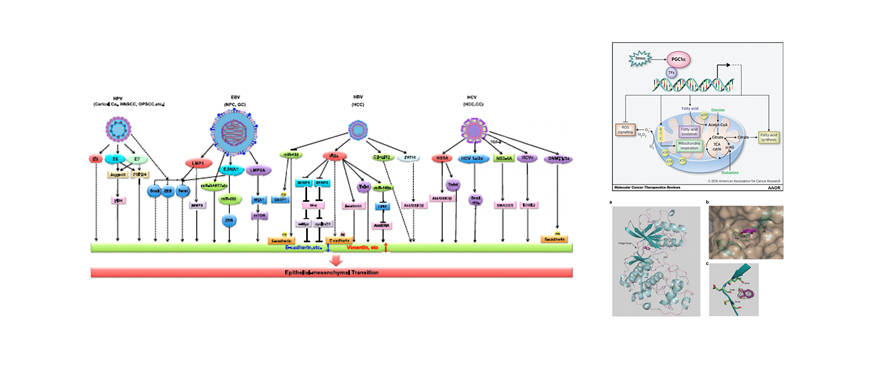Carcinogenesis & Chemoprevention
Prof. Zigang Dong
Current Research Interests
Cancer is one of the leading causes of death in today's world. An effective way to prevent cancer is to decrease exposure to cancer risk factors, increase the intake of anticancer agents, and maintain a healthy lifestyle. Various dietary factors, including many isolated from green tea, black tea, broccoli, ginger root, grapes, and other fruits and vegetables, show strong anticancer activities. Many animal model studies have shown that green and black tea inhibit cancers such as skin, lung, esophagus, stomach, prostate, liver, duodenum, pancreas, and breast. Polyphenols, especially epigallocatechin 3-gallate (EGCG), are believed to be the most potent producers of anticancer activity in tea. However, the molecular and cellular mechanisms of these protective effects are not yet fully understood.
Cancer is thought to be prevented, reversed, or delayed by targeting specific cellular cancer-causing genes or proteins during the multi-stage process of carcinogenesis. Dr. Dong and his group have therefore evaluated the potential of tea polyphenols and other distinct dietary factors to prevent cancer, due to their ability to effectively alter molecular targets within cancer cells. This research, focusing on cell signaling, identified tea polyphenol EGCG "receptors" - high-affinity cellular proteins that bind to EGCG. In collaboration with scientists at IBM, Dr. Dong's group used the world's fastest super-computer, the Blue Gene/L, to establish a docking method for EGCG-targeting proteins. With this method, they found that insulin-like growth factor-1 receptor can directly bind EGCG. Identification of this cellular receptor represents the first, most critical step in understanding molecular and biochemical mechanisms of tea polyphenols' anticancer effect. Such studies have also inspired a powerful new technology for studying mechanisms and molecular targets of other cancer preventive agents.
Dr. Dong's laboratory is now using state-of-the-art technologies such as X-ray crystallography, genetically modified animals and cells, cell culture, and protein chemistry to investigate the precise molecular mechanisms and targets associated with the anticancer effects exhibited by tea polyphenols. Such technologies and studies will lead to a better understanding of the mechanisms underlying the process of carcinogenesis and cancer inhibition, with the ultimate goal of developing more effective agents with fewer side effects to prevent human cancer.
